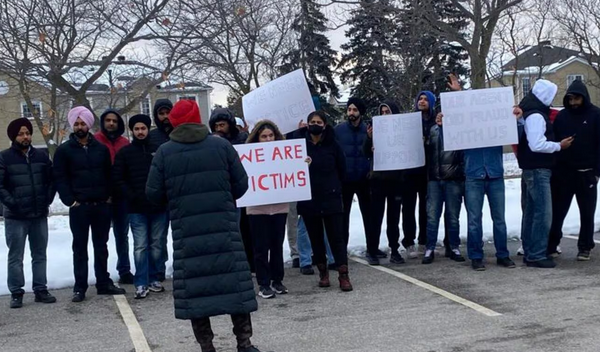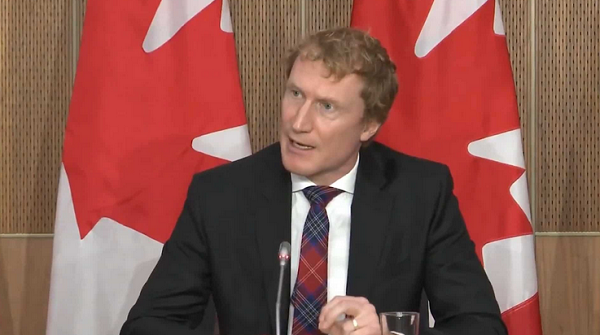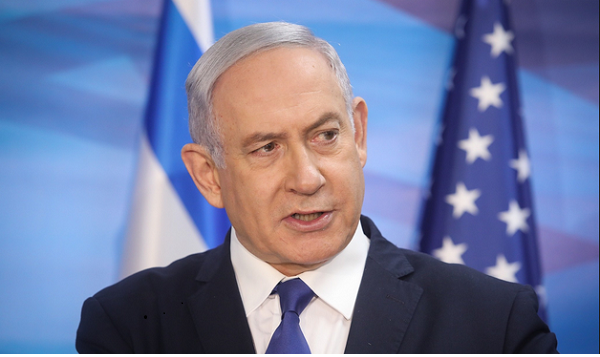Hundreds of Indian students fall victim to fake admission letter scam
Dozens of Indian international students have been identified as genuine victims of fraud, not perpetrators, as federal officials gave their first glimpse of the possible breadth of the admission letters scam.
In a briefing to a parliamentary committee this week, senior immigration and border enforcement officials said they have reviewed 103 of the 285 “cases of interest” since a joint task force was struck in June by the immigration minister to look into allegations about bogus letters provided by unscrupulous immigration consultants. The number of cases represents the first official figure regarding the scope of the issue, and officials do not expect it to significantly grow in the future.
Of the 103 completed cases, 63 have been determined to be genuine students and 30 of them — 26 with pending removals and four having been deported — have been approved for a three-year temporary resident permits to remain in the country. (The other 33 are being vetted to be sure they haven’t violated other laws.)
“The task force continues its important work to ensure that genuine students impacted by fraud have the opportunity to continue their journey in Canada should they wish to do so,” assistant deputy immigration minister Michele Kingsley told the immigration committee.
The updates came on the eve of a news conference by Immigration Minister Marc Miller scheduled in Brampton, the heart of Canada’s South Asian community, on Friday to roll out measures to strengthen the international student program and protect genuine students from rip-offs.
A large-scale investigation into alleged immigration fraud earlier this year found international students from India had been provided by their consultants with doctored admission letters from Canadian colleges, in order to obtain a study permit to enter Canada.
Many of the students were deemed inadmissible on grounds of misrepresentation and slated for removal by Canada Border Services Agency, though they blamed it on the consultants and claimed they did not know their admission letters were fraudulent.
Amid calls from MPs and advocates for a proper investigation, Sean Fraser, Miller’s predecessor as minster, suspended the deportations and formed the task force to probe each case and sift out innocent victims.
One alleged consultant, Brijesh Mishra, was arrested by border agents in June and charged for offering immigration advice without a licence and with counselling a person to directly or indirectly misrepresent or withhold information from authorities.
On Tuesday, officials said the task force so far has only examined those cases that have been adjudicated by a tribunal tasked with deciding which students should be removed. Those with a pending decision can keep their status in Canada for the time being.
“If a student enrolled within three semesters of their arrival and there are no other problems or issues with their applications such as criminal activity,” said Kingsley, “the task force assessed that person to be a genuine student.”
Thirteen of the 285 students had already left Canada before the task force was created and six of them have since been found to be genuine. “There’s nothing that stops them from reapplying to come to Canada,” she said.
Currently, officials are developing a “recognized institution” regime to improve on the integrity of the school admission process. The first round of consultations with educational institutions authorized to accept international students was completed in the summer.
“We got information on the type of support that they provide foreign students they accept … to better understand what type of tuition they get from these students and are they reinvesting this money in terms of additional services to support them,” said Kingsley.
Aaron McCrorie, the border agency’s vice-president of intelligence and enforcement, said that of the 40 students (out of 103 cases so far) who have been deemed “non-genuine,” 17 are still in Canada. They would have the opportunity to provide additional information on their cases and exhaust all available appeals before being removed from the country.
Over the last five years, said McCrorie, more than 800 immigration investigations have been conducted, resulting in 1,000 criminal and immigration charges.
The parliamentary committee raised concerns about officials’ capacity to process applications and ensure the integrity of the international student program, which has seen the annual intake rise from 638,000 students in 2019 to nearly 900,000 this year.
“There’s no question that it just keeps growing and growing. And as the (immigration) minister noted, there is no cap on the temporary resident pathways. It is something that we’re very cognizant of and concerned about,” said Kingsley.
“It’s creating in some communities some issues with regards to absorptive capacity. It is leading to student vulnerability. It is leading to integrity issues as well. You know, no individual institution or organization or level of government can really address all of the challenges that come with that.”
This article was reported by The Star
















